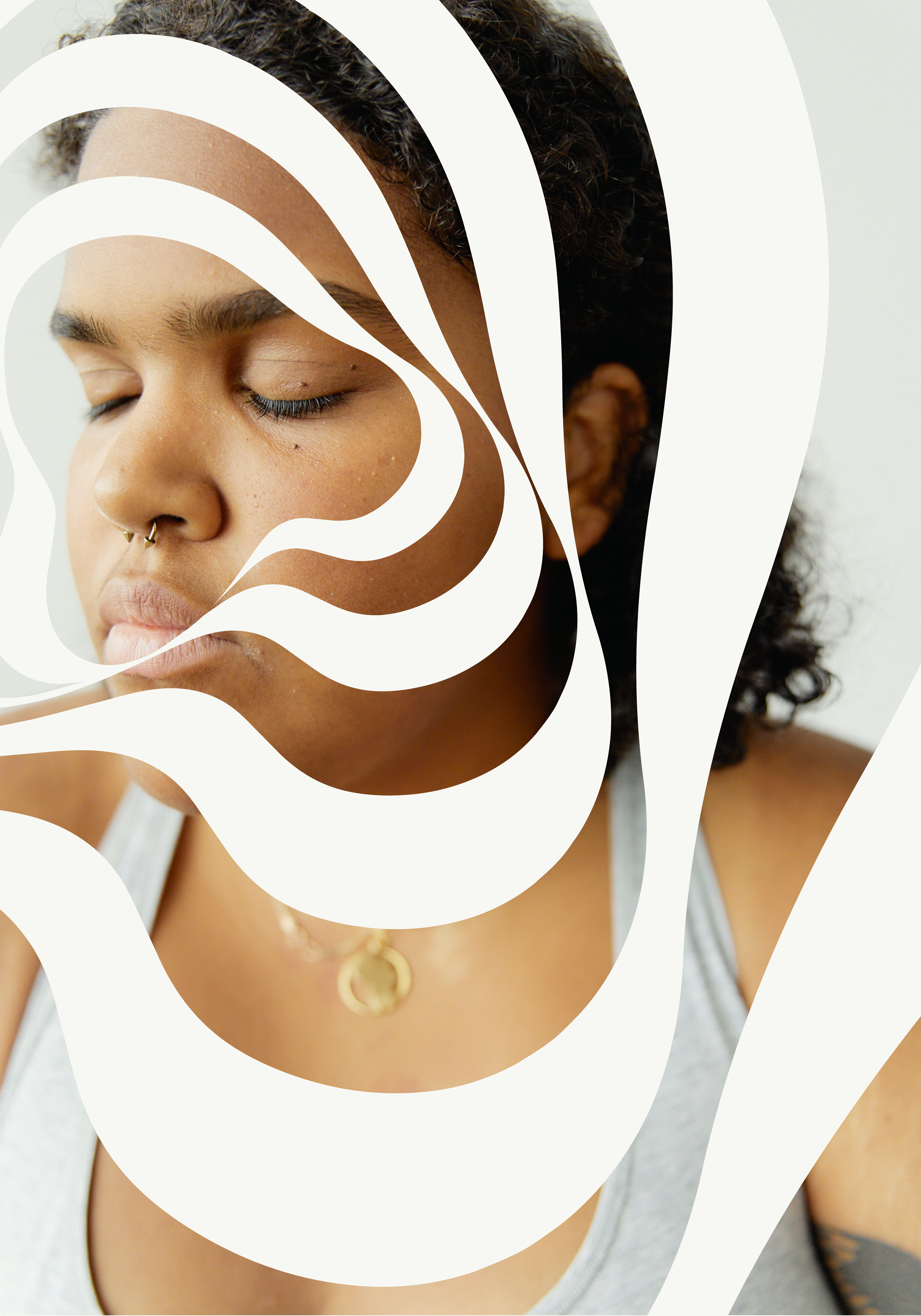Anxiety disorders are the most common mental illness in the U.S., affecting 40 million adults in the United States. And with climate change, political unrest, inflation, gun violence and, oh, and that ol’ global pandemic, there’s no shortage of reasons to feel anxious, Betties.
But for women+ in particular, anxiety disorders are even more pervasive. Women are twice as likely to experience anxiety disorders than men. But why? And in an increasingly nerve-wracking world, how do you separate anxious feelings from an anxiety disorder?
What is Anxiety?
Let’s pause and recap stress real quick. As we’ve learned, stress is your body’s natural reaction to danger. Anxiety is similar, except no threat actually exists.
STRESS + WORRY = ANXIETY
Think of anxiety as your body’s response to a false alarm. Here are a few ways it might show up:
– 😑 Restlessness, feeling wound-up or on edge
– 🥱 Feeling easily fatigued
– 😳 Difficulty concentrating; mind going blank
– 😤 Irritability
– 😖 Muscle tension
– 😓 Difficulty controlling feelings of worry
– 😵💫 Sleep problems, such as difficulty falling or staying asleep, restlessness or unsatisfying sleep
You’ve likely experienced one or more reactions from the list above because now-and-then anxiousness is a common and shared experience!
However, when panic episodes become more frequent and become set off by lesser triggers, anxiety can develop into a disorder.
ANXIETY VS. ANXIETY DISORDER
An anxiety disorder differs from anxious feelings in that a Betty’s anxiety:
• lacks control over feelings
• is triggered by low-risk or no stimulus situations
• disrupts daily life
An anxiety disorder diagnosis is typically assigned when reoccurring anxiety + symptoms have lasted 6 months or more. Anxiety disorders can come in a couple of different subgenres, too. Here’s a few examples:
Agoraphobia – Fear of public places, often perceiving such environments as too open, crowded or dangerous
Social anxiety – Persistent, intense fear or anxiety about specific social situations because you believe you may be judged negatively, embarrassed or humiliated
Separation anxiety – Fear of leaving home or parting from certain individuals
Each of these disorders differs in focusing on a specific object, situation or activity, but all prevent a Betty’s ability to fully participate in life.
THE FEMALE FACTOR
Okay, but none of this explains why women+ tend to suffer from more anxiety than men.
*sigh* The truth is, Betties, medical bias has a history of excluding women from research. Only recently have we begun to uncover some possible biological and factors that could contribute to anxiety’s female prevalence:
🧠 Brain Chemistry
The fight-or-flight response is more easily activated in women and stays activated longer than men, thanks, in part, to estrogen and progesterone. Men produce higher levels of testosterone, which has been found to have antidepressant effects. While women process serotonin, ‘the happy brain hormone,’ less quickly than men.
🎢 Hormone Fluctuations
Our hormones are chemical messengers that send signals to different parts of the body. For menstruators, monthly cycles welcome a wave of hormones that can interfere with our bodies’ normal anxiety levels.
😵💫Emotional Stressors
Women are more likely to deal with trauma and society-driven stressors and tend to cope by internalizing their experiences.
HOW TO DEAL
So…if Betties are born more susceptible to developing an anxiety disorder, how do we treat it?
Great question! The truth is there’s no cure-all for anxiety disorders. Treatment is all dependent on the type and severity of a Betty’s anxiety disorder.
Medication and cognitive behavioral therapy (CBT) are both methods of treatment. CBT works by identifying harmful thinking patterns and giving a Betty the tools to combat these behaviors or beliefs. A combination of the both medicine and CBT has shown to be the most effective method for treating anxiety disorders.
NORMALIZE MENTAL WELLNESS
The world is, unfortunately, getting no less stressful, Betties. But shifting attitudes surrounding mental health give us hope in a future that can better understand anxiety’s prevalence in women+.
As with all things mental health, the brain is both incredible and incredibly complex! Habitual anxiety is an expected part of life, but when anxiety goes beyond temporary worries or fears, it’s time to reach out for help. In talking about anxiety, talking through its complications and why it’s a unique need in women’s+ health, we can normalize mental wellness for all Betties to manage the stressors of an incredibly stressful world.
Make your mental health a priority by booking a Betty’s counseling appointment.
Our counseling team specializes in anxiety + other areas specific to Betties.
We’re ready to listen.💛







Join the conversation